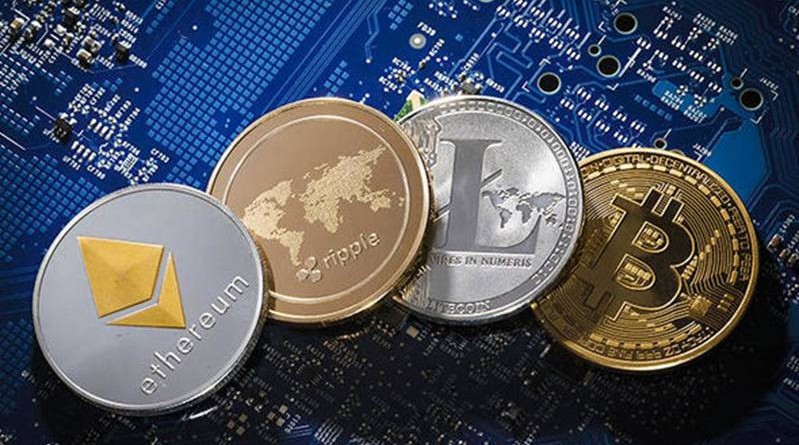All global currencies will become cryptocurrency, CEO of Goldman-backed start-up says
Every currency in the world — from the U.S. dollar to the Chinese yuan — will have its own cryptocurrency version, the CEO of fintech firm Circle said.
“Our view is that all fiat currency will be crypto,” Jeremy Allaire, who co-founded Circle in 2013, told CNBC in an interview on Monday. “It seems inevitable at this point.”
Allaire’s start-up offers a blockchain-powered app that lets people send money to each other for free. Blockchain is the public ledger of activity that underpins cryptocurrencies like bitcoin.
Circle also has a product that lets users invest in cryptocurrencies like bitcoin and ethereum, and another that facilitates over-the-counter cryptocurrency trading for institutional investors.
The $3 billion company is backed by U.S. investment bank Goldman Sachs and Chinese internet giant Baidu. Earlier this year it made its first-ever acquisition, buying cryptocurrency exchange Poloniex.
Circle recently said it wants to introduce a new cryptocurrency pegged to the U.S. dollar, called “USD Coin.” The idea is to speed up transactions made with dollars by using blockchain technology — which maintains a continuously growing digital record of transactions — and reducing the volatility seen in most cryptocurrencies.
It’s not the first so-called “stablecoin” on the market — other cryptocurrencies backed by fiat have been introduced. The most notable stablecoin is tether, a controversial virtual currency which critics have claimed was used to prop up bitcoin prices last year.
Allaire said that Circle’s U.S. dollar-backed crypto would benefit from coming under stricter regulations. The token is being built within an open-source platform called CENTRE, which Circle hopes will be joined by financial institutions and other firms.
Allaire said that the aim of the USD Coin was to bring mainstream financial processes into the world of cryptocurrencies and blockchain technology.
“Our focus with fiat stablecoins is we really think of it as a core building block for a crypto native global digital economy,” Allaire said.
“Our interest is in how do we take all of the tasks involved in the financial industry and move those onto a crypto native infrastructure.”
The company is also looking to add crypto tokens for the euro and the British pound.
Crypto critics
Critics of bitcoin and other cryptocurrencies say that people buying and selling them are doing so out of pure speculation.
Regulators in China and South Korea have tried to clamp down on the speculative nature of the market, both banning a controversial fundraising practice known as an initial coin offering (ICO) last year. ICOs are a method for start-ups to raise funds by selling new digital tokens in exchange for other cryptocurrencies like bitcoin and ethereum.
Notable bitcoin skeptic J. P. Morgan CEO Jamie Dimon has criticized the volatility of bitcoin — which soared close to $20,000 late last year — calling it a “fraud.”
But proponents argue that the technology could fundamentally change the financial services. Bitcoin’s decentralized nature means that it is easier to transfer internationally. Transactions can be made anonymously and cannot be tampered with or reversed.
However, the world’s best-known digital currency faces some technical challenges. Sky-high transaction fees and times have led to initiatives from some in the cryptocurrency community to address what they call bitcoin’s scalability problem.
The issue resulted in a number of so-called hard forks last year — where another distributed ledger is split off from the original bitcoin — resulting in bitcoin offshoots like bitcoin cash and bitcoin gold.
Some have referred to the so-called “Lightning Network,” a technological update to the bitcoin network, as a possible solution to the problem. The Lightning Network would essentially allow users to send multiple transactions outside of the blockchain. It would work as a second layer on top of the existing distributed ledger that underpins the digital currency.




